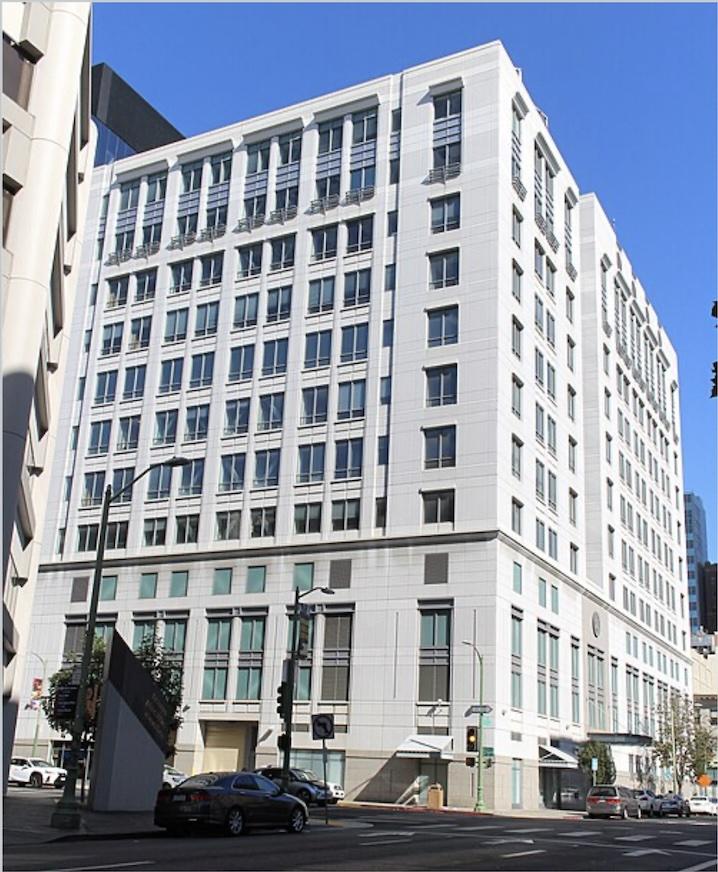AB 942 would end inherited rooftop solar benefits, lowering electricity savings for new homeowners
SACRAMENTO — A controversial bill making its way through the California State Legislature could change the rules for people buying homes with solar panels—possibly reducing how much money they save on electricity each year.
Assembly Bill 942, authored by Assemblymember Lisa Calderon (D-Whittier), proposes to revise the rules around Net Energy Metering (NEM)—the program that allows solar users to earn credit for the excess electricity they generate and send back to the grid. If signed into law, the bill would end the practice of allowing new homeowners to inherit older, more generous solar compensation rates when purchasing a home with an existing solar installation.
Instead, beginning January 1, 2026, new buyers would be automatically shifted to the most recent (and typically lower-paying) version of the NEM program adopted after December 2022—effectively reducing the financial incentive of buying a home with rooftop solar.
“This is not about punishing solar users,” Calderon said during committee deliberations. “It’s about ensuring cost equity for all ratepayers, especially low-income families who are disproportionately burdened by outdated compensation schemes.”
Supporters say the bill aims to address what’s known as the “cost shift”—a growing gap in which non-solar households end up covering more of the state’s electricity infrastructure costs, while solar users pay less but still rely on the same grid. According to the California Public Advocates Office, this imbalance has grown from $3.4 billion in 2021 to an estimated $8.5 billion in 2024.
If implemented, AB 942 is projected to save California consumers up to $423 million in 2026 and $3.6 billion over the next two decades.
But solar advocates are pushing back hard.
Consumer groups, solar companies, and climate advocates argue the bill will damage California’s clean energy momentum by discouraging solar adoption and destabilizing the long-term investment homeowners made under 20-year agreements.
“This bill breaks a promise made to over a million California families who installed solar based on state commitments,” said Bernadette Del Chiaro, executive director of the California Solar & Storage Association (CALSSA). “It devalues solar homes and adds complexity to real estate transactions.”
They also note that solar installations continue to deliver net benefits to the grid, lowering peak demand, avoiding new transmission costs, and reducing emissions—valued at $1.5 billion in 2024, according to a recent analysis.
Under AB 942, new homeowners would also lose eligibility for certain state climate incentive credits and become responsible for additional grid participation charges, including fixed monthly fees that did not previously apply to grandfathered solar customers.
What this means for homeowners
Current solar owners: No changes. If you already have solar and stay in your home, your existing rate agreement remains intact.
Homebuyers with existing solar: Starting in 2026, you’ll inherit the newer, lower solar compensation plan. This could mean higher electric bills compared to previous homeowners.
Non-solar households: The bill’s backers say you’ll benefit from a fairer distribution of energy costs and a more balanced electricity rate structure over time.
Where the bill stands
AB 942 passed the Assembly on a 46–14 vote and is now awaiting consideration in the Senate Rules Committee. If passed by the Senate and signed into law by Governor Gavin Newsom, the changes would take effect on January 1, 2026.
As California continues to lead the nation in clean energy policy, the debate over AB 942 underscores a deeper question: how to balance the need for rapid solar growth with equitable access to affordable power.







